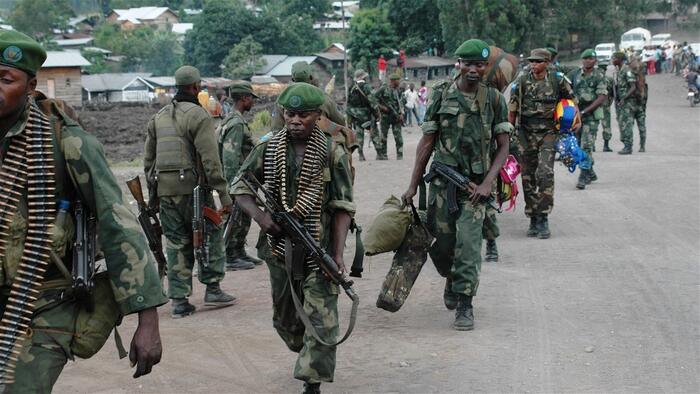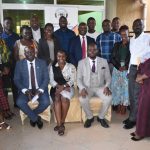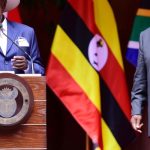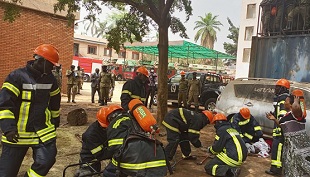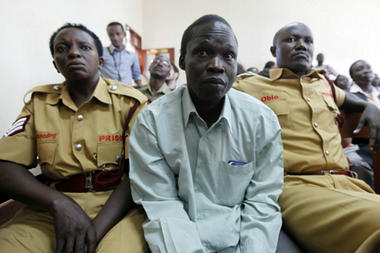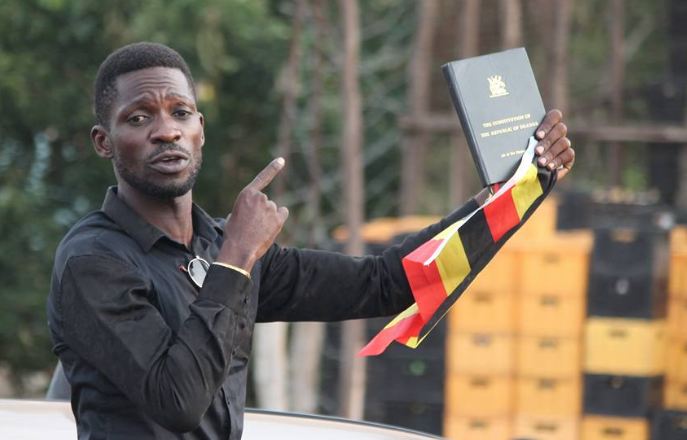Ugandan President Yoweri Museveni announced that Uganda’s air force conducted air strikes in three different locations inside the Democratic Republic of the Congo (DRC) on Wednesday night.
In a statement, he mentioned that the air strikes occurred approximately 180 to 200 kilometers into the DRC in Ituri Province. Museveni stated, “Our fighter-bombers paid another visit to the terrorists, quite some distance inside Congo, in the Mambasa Territory area. They attacked three targets, located 180 kilometers, 184 kilometers, and 200 kilometers, respectively, from the border on the Ntoroko side.” This marks the second attack on Islamic State militants connected to the Allied Democratic Forces (ADF) in a month.
Earlier in September, Ugandan soldiers reportedly killed 560 rebels and captured over 80 in the Rwenzori mountains. The rebels who managed to escape relocated to Mambasa Territory, where the recent air strikes were conducted.
Congolese President Felix Tshisekedi invited Museveni into the DRC to assist in combating the rebels who had become a threat in both the DRC and Uganda, infiltrating communities on both sides of the border. Museveni expressed gratitude for the collaboration, saying, “We salute the government of H.E Tshisekedi for agreeing to work with us and allowing us to assist them and, in the process, assist ourselves as Ugandans.”
While Museveni is resolute in his fight against violent extremism, he faces international scrutiny regarding his treatment of Ugandan opposition leader Robert Kyagulanyi Ssentamu, known by his stage name, Bobi Wine. The United States embassy in Uganda expressed concern over Bobi Wine’s detention and emphasized the importance of respecting freedom of assembly and allowing political parties to operate freely in democratic societies.
Bobi Wine was placed under house arrest upon his return from South Africa, as confirmed by his party, the National Unity Platform (NUP). In a statement, Bobi Wine noted that the military and police had heightened their presence around his home, restricting visitors and his movement.

